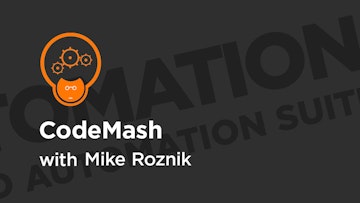
Good to know
Save this course
Activities
Career center
Software Test Engineer
Quality Assurance Analyst
Test Manager
Software Developer
Product Manager
Business Analyst
Project Manager
Technical Writer
Systems Analyst
IT Manager
Data Analyst
IT Auditor
Database Administrator
Security Analyst
Network Administrator
Reading list
Share
Similar courses
OpenCourser helps millions of learners each year. People visit us to learn workspace skills, ace their exams, and nurture their curiosity.
Our extensive catalog contains over 50,000 courses and twice as many books. Browse by search, by topic, or even by career interests. We'll match you to the right resources quickly.
Find this site helpful? Tell a friend about us.
We're supported by our community of learners. When you purchase or subscribe to courses and programs or purchase books, we may earn a commission from our partners.
Your purchases help us maintain our catalog and keep our servers humming without ads.
Thank you for supporting OpenCourser.


